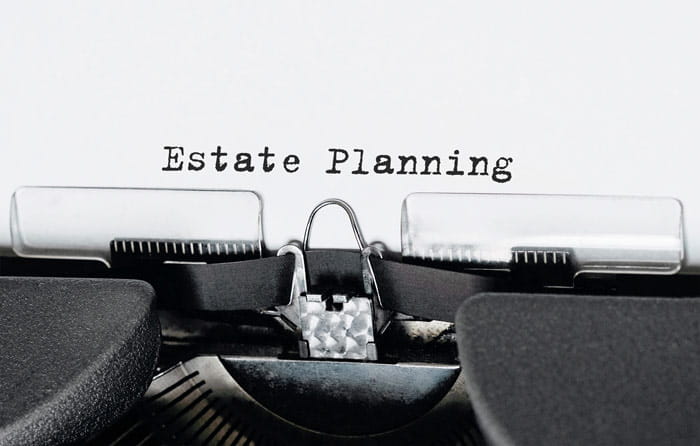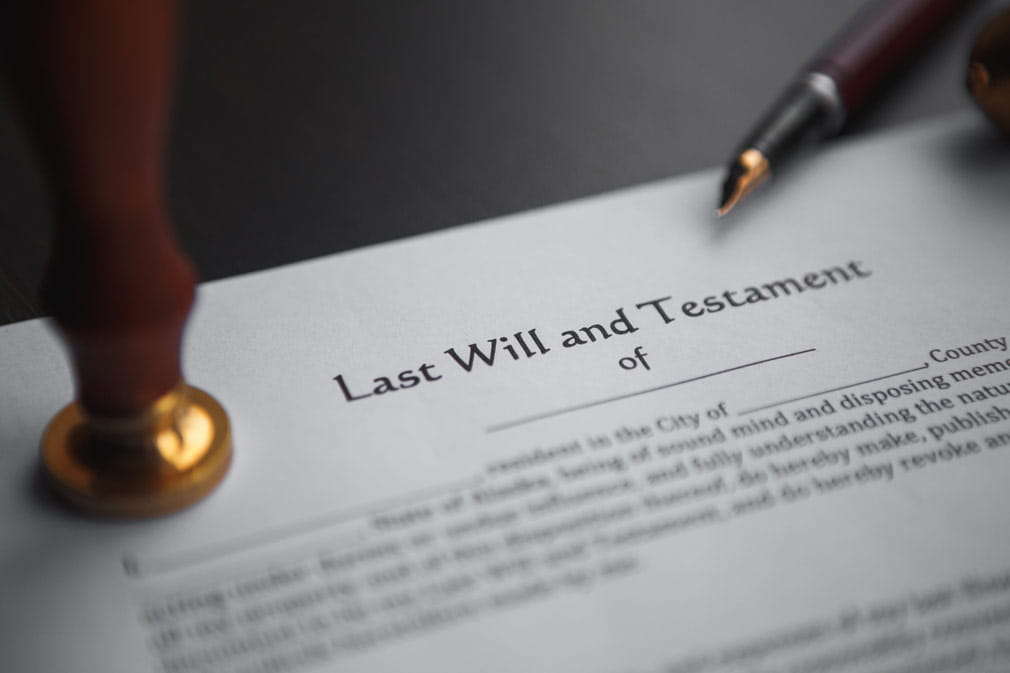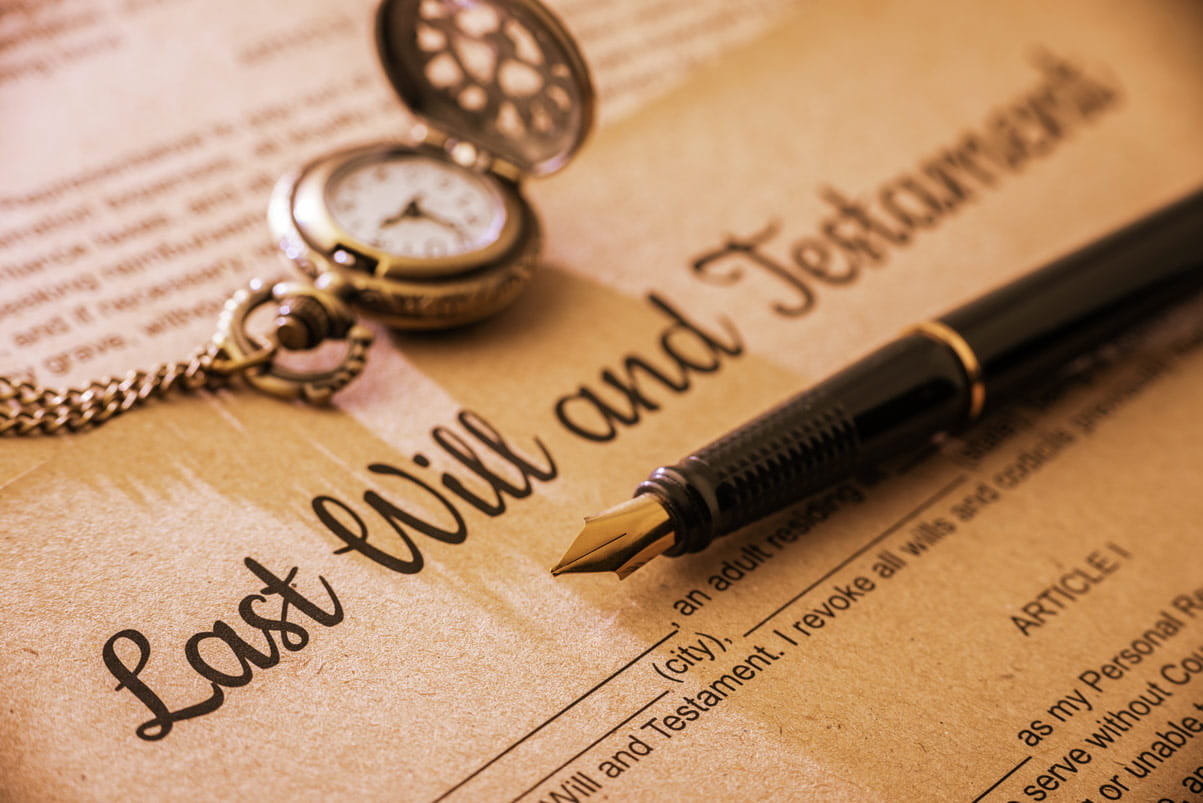
Power of attorney guide
Find out how a power of attorney can help when you’re no longer able to make financial decisions.

Find out how a power of attorney can help when you’re no longer able to make financial decisions.
As we age, there may come a point when we don’t have the mental capacity to make decisions about our finances and well-being. For much of our lives, this ability can be taken for granted. But illness or accidents might leave us needing the help of someone who has a power of attorney.
Power of attorney means giving someone you trust the power to make decisions on your behalf if you're no longer able to. As you can only make a power of attorney if you still have mental capacity, it's important to sort it out while you can.
The person who gives power to another is called the ‘donor’. The person appointed the power is called the ‘attorney’.
In the UK, there are three types of power of attorney:
An ordinary power of attorney (OPA) gives someone the power to manage your affairs while you still have the mental capacity. It’s typically used for short-term needs, such as managing a donor’s finances while they’re on holiday or if they’re struggling with a physical disability. OPAs become invalid once the donor loses the mental capacity to make decisions.
Following the Mental Capacity Act in 2005, lasting power of attorney (LPA) was introduced in 2007. These go one step further than OPAs, as they remain in place even after you become incapable of managing your affairs.There are two types of LPA:
You can get help appointing an LPA with Saga Legal Services.
An enduring power of attorney (EPA) allows your attorney to make financial decisions on your behalf. However, since 2007, EPAs have been replaced by property and financial affairs LPAs.
If you created an EPA before October 1, 2007, it's still valid. But for all arrangements made after that date, donors must set up a property and financial affairs LPA.
When choosing a power of attorney, the key is to find someone you trust. People often choose a husband, wife, partner, son, daughter or good friend. You can also choose a professional such as a solicitor, though they will charge you. And you can have more than one attorney, to make sure someone is around when needed.
You also need to nominate a ‘certificate provider’. They must sign your application to confirm you're acting of your own free will and haven’t been coerced or forced. This person must be an adult who is not a relative of either you or your attorney and must have known you for at least two years. Usually, it’s a professional person such as a doctor, though they may charge. In Scotland, you need a doctor or a solicitor.
You will also need another person to witness all the signatures, which must be made in the right order. It's a good idea to have everyone present at the same time.
In England and Wales, you can now make a power of attorney online without using a solicitor. But you must be confident about filling in forms and following the correct procedures, which is why many people prefer to use a solicitor. They may charge you £500 or so to do the job, but at least you’ll know it has been done properly.
Once you've completed and signed the form, you register it with the Office of the Public Guardian and pay the fee. The registration process may take some months. Keep the form safe, and when you lose the capacity to act yourself, your attorney can get certified copies to manage your affairs.
Once you lose the capacity to act, your attorney can step in. Every decision they make about your affairs must be in your best interests. You can also give them power over your financial affairs before you lose mental capacity (OPAs) if you feel you need help managing them day to day.
For financial matters, they may have to deal with trustees who control your pension. Once you lose the power to act yourself, you can be left without income if there is no one to do it for you.
They can also pay bills, buy and sell property, and give gifts to relatives or friends as you would like. They cannot use your money or property for themselves. It is helpful if you write down your wishes for your money and your health care – for example, drugs or resuscitation – to guide them.
A will is a completely different legal document to a power of attorney. While power of attorney gives someone the authority to make decisions for you while you're alive, a will comes into play after death and explains how you wish to distribute your estate.
It's highly recommended that you create your own will before appointing a power of attorney. Your attorney can't make any changes to your will – their only power is to look at your will and check that all decisions are in your best interest. However, to do this, there must be a clause within the LPA.
If you don’t make a will, your power of attorney can’t create one for you, and intestacy rules apply.
Saga is a registered trading name of Saga Personal Finance Limited, which is registered in England and Wales (company number 3023493). Registered office 3 Pancras Square, London, N1C 4AG. Saga is not authorised or regulated by the Solicitors Regulation Authority (SRA). All legal services are provided by Co-op Legal Services. Co-op Legal Services is a trading name of Co-operative Legal Services Limited which is authorised and regulated by the SRA, under registration number 567391.
Whether you have questions about lasting power of attorney or just want to find out more, the expert team are on hand to help.
Mon - Thu 9:00am - 7:15pm
Fri - 9:00am - 6.15pm
Sat - Closed
Sun - Closed
Excluding bank holidays



Learn everything you need to know about the different types of Will bequests in our complete guide.
.jpg?la=en&h=550&w=1440&hash=D75E80A351D1CBC72428B436C3C3EE4F)

Talk to an expert about your current needs and future wishes. Find out what legal plans you might want to make.



We partner with Co-op Legal Services to offer advice and services for you and your family.


We’ll help you appoint a person you trust, who can make choices for you if you’re not able to.